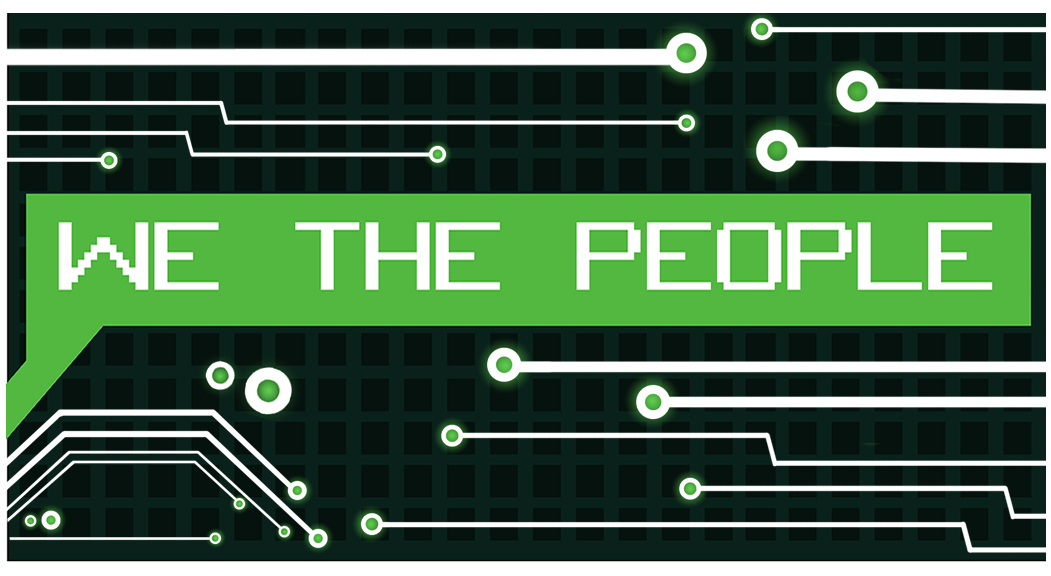The Internet Bill of Rights: Magna Carta in the 21st Century
by Dev Sheth | published Oct. 6th, 2014
When Tim Berners-Lee invented the World Wide Web in 1989, it did not look remotely like the web we use today. The technology involved was simplistic and the implementations tedious, the scope and reach limited to CERN, the famous particle physics laboratory Tim worked for – yet they recognized what the Web could be and its importance. In 1993, CERN opened the Web to everyone even though it could easily have made a fortune by keeping the technology proprietary.
The original intention was to make sure the Internet remained open and indiscriminate for every user, a reflection of the world we live in. Of late, this has been under threat. Reports of large-scale Internet surveillance have proven how shaky the foundations of the Web are. Privacy is breached regularly and it is a matter that needs to be conclusively dealt with. Additionally, Internet Service Providers (ISPs) are attempting to introduce the premium customer mentality into their services, killing the neutrality of the Internet. It has become necessary to address the casual nonchalance with which Internet regulations are disregarded.
As we move forward as a society, the Internet remains integral to our evolution.
The world is changing, and the internet is the primary medium of communication for the billions of people inhabiting this planet. It has played its part in some of the most important moments in recent history, from the 2008 U.S. presidential elections to the Arab Spring, from the global coverage on the Ebola outbreak to the Hong Kong protests. Sharing information is critical to international government accountability today, and we need to do everything we can to protect the most potent means of outreach we have.
Brazil passed an Internet Bill of Rights into law in April 2014. The event was globally hailed as a historic step for online freedom. Since then, similar bills have been introduced all over the world and are at various stages of consideration. While the details differ, the essentials emphasize the same: more privacy and continued independence of information passage.
Berners-Lee, director of the World Wide Web Consortium (W3C), has floated suggestions of creating an Internet version of the Magna Carta. Criticizing recent attempts at overthrowing net neutrality, Tim says, “If a company can control your access to the Internet, if they can control which websites they go to, then they have tremendous control over your life.”
Eventually, it comes down to holding on to the right to expression we currently enjoy. When the communication channel is censored, your opinions have no avenue for open expression – a dangerous sign if there ever was one. In such a situation, it becomes incredibly important for us to make sure our voices are heard. Various online petitions have emerged in support of net neutrality and deserve our backing. When it comes to the Internet, equality and uniformaccess are key, which is why all of us need to raise our voices to demand the same.



